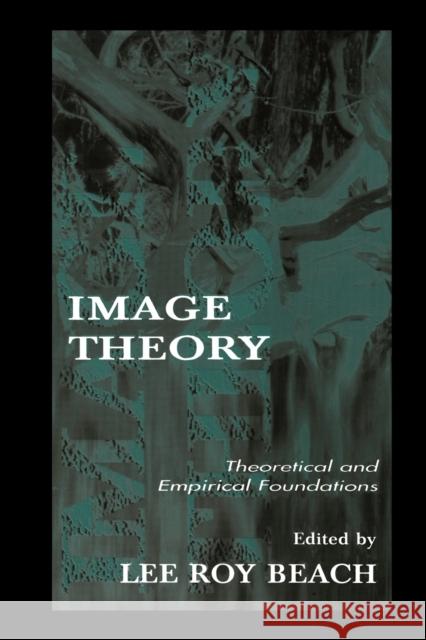Image Theory: Theoretical and Empirical Foundations » książka
Image Theory: Theoretical and Empirical Foundations
ISBN-13: 9780805826463 / Angielski / Miękka / 1998 / 296 str.
Image Theory: Theoretical and Empirical Foundations
ISBN-13: 9780805826463 / Angielski / Miękka / 1998 / 296 str.
(netto: 366,20 VAT: 5%)
Najniższa cena z 30 dni: 352,57
ok. 16-18 dni roboczych.
Darmowa dostawa!
Decision-making plays a major role in virtually every theory of organizational behaviour. However, decision theory has not provided organizational theorists with useful descriptions of how decisions are made, either by individuals or by indidivuals in organizations. The earliest offering came from economics in the form of the normative rational view of decision making. The underlying presumption was that decision makers are all striving to maximize return or minimize loss, that decisions are based upon unlimited information, and that they have the capacity to use the information efficiently. They know the options open to them and the consequences of pursuing one or another of those options. The optimal course of action is revealed by applying the appropriate analysis and choosing the most profitable option. The key concepts are rationality, analysis, orderliness and maximization, and even a moment's thought demonstrates the gap between these concepts and real-life experience.











